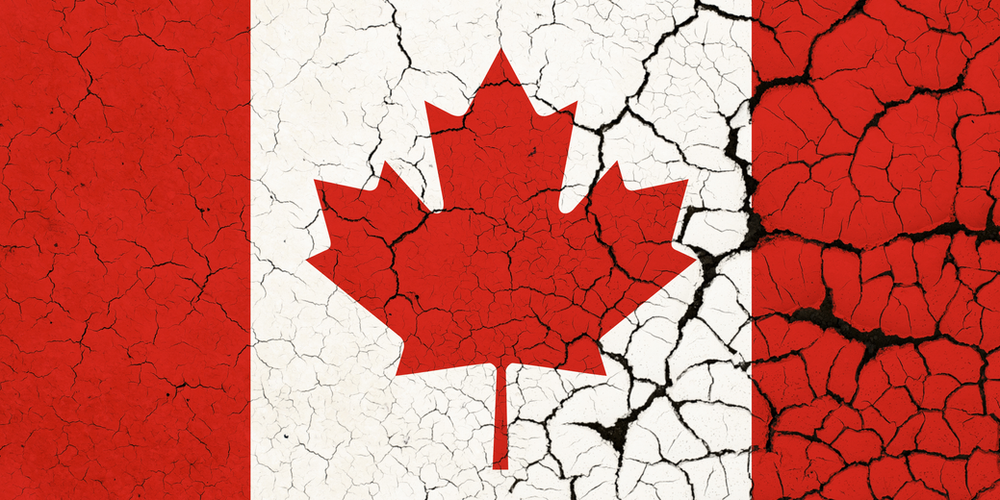Elect me again, said Trudeau seven months ago, and I’ll make houses more affordable. It didn’t happen, of course. When Trudeau was being re-elected, the average property in Toronto cost $1.07 million during the campaign’s last week. Now it’s $1.3 million. So, if you didn’t make an extra $300,000 since the fall, you lose. However, exuberance and FOMO (Fear of missing out) are about to give way to FOO (Fear Of Overpaying). The budget dropped this week so let’s take a quick peek and ask ourselves a couple of questions.
Does this budget hold out any hope of fixing high home prices? Does it make things worse by attempting to lower demand? Do we need to wait for the grind higher in mortgage rates to bring hope to the 90% of house hunting 20 and 30 somethings who have given up looking?
Here’s the news, plus a few comments on the budget yesterday:
- The hybrid TFSA-RRSP tax shelter has been given the green light. This shelter will allow people to sock away up to $40,000 for a deposit, write this off income (like an RRSP), grow it tax-free, and withdraw it without attribution (like a TFSA) so long as the funds are used as a real estate down payment. There was no mention in the budget of this being restricted to those under age 40.
- Don’t get too excited, though. The TFFHSA won’t exist until next year, maybe even not till 2024 at the earliest, and all the banks need to get on board first.
- Foreigners are now banned from buying houses for two years. Ironically, we’re welcoming tens of thousands (maybe hundreds) of displaced Ukrainians in the next while.
- The newbie house-buying tax credit doubled. Essentially, it’s money to pay for closing costs—ten grand credit worth.
- There was nothing in the budget about making investors cough up higher down payments or banning the use of HELOC money. So, 100% financing continues unabated.
- A flip tax is coming. If you sell less than a year after buying (without a good personal reason), any profit is taxed as business income—no capital gains treatment.
- Condo assignments got thumped. Effective next month, they’ll be subject to GST/HST – which is a big deal since nine of ten recent buyers have no intention of closing, and many can’t. This change in the GST/HST could shock the urban market more than anything else.
- There was no word on the election promise to hike CMHC’s borrowing ceiling by a quarter to $1.25 million, and we think that is a good thing. That would have allowed those with the lowest down payment to take on more debt.
- There were billions of dollars put aside in the budget to build houses through an accelerator fund and municipalities. But increasing the supply of homes is a long process and is an eternal budget promise, and already Canada is churning out more homes than at any time in 50 years.
- CMHC insurance premiums – paid by those buying with less than 20% down – are not being reduced, as was promised. The shared-equity mortgage that allows buyers to split their debt with the federal government is being enhanced. Usage on that so far has been abysmal.
- And we’ll get a Homebuyers Bill of Rights at some point in the future, and only after the feds can work it out with the provinces (since they regulate real estate). This Bill of Rights might end up in a ban on blind bidding, the legal right of buyers to demand a home inspection, and transparency of past pricing.
The bottom line: families with money and adult children will love the new homebuyer tax shelter. Bank of Mom cash can be handed over to junior, invested, claimed as a tax deduction, grown free of taxation, then used to buy an asset with no capital gains tax. What’s not to like?
Over time, this will create more demand, as will the enhanced tax credit, multi-generational tax credit, and the sweetening of the RRSP home buyer’s plan already put in place by the Trudeau Libs.
The big surprise is applying HST to assignments. In the next 30 days, there could be a blizzard of sales. Are you buying a condo? Just wait.
In short, will this budget make houses cheaper? Of course not. The marquis stuff – the tax-free account, construction money, ban on auctions – is in the future. The assignment tax is not happening. The flip tax will be here in a few months, and the tax credits will be immediate.
What about the national finances?
The spending is less than anticipated – another $30 billion over five years. This year, a shameful deficit of $113 billion is scheduled to fall under $10 billion by 2026. No change in the capital gains tax inclusion rate. No new uber tax bracket. Just a $6.1-billion spanking of the banks – almost enough to pay for the new weapons and plans the Forces will get. “Dentacare” will be rolled out over a few years, but you can fix your own cavities if you make over $90,000.
Oh, and lower-income people will get a one-time payment of $500 to help them afford a house.
Ottawa’s not out of touch or anything like that. In fact, they have their finger on the pulse of ferocious activity and abundant organic growth that is churning the wheels of expansion in our little Canadian economy. Yes, and I have some magnificent, slightly wet raw land for sale in Florida if you believe that.
Nothing has changed, and the course ahead of us is rough and fraught with potholes, so buckle up, diversify your wealth and consider why you were interested in gold and silver in the first place because I’ll bet you’ll need a lot more than you think!
Yours to the penny,
Darren V. Long







